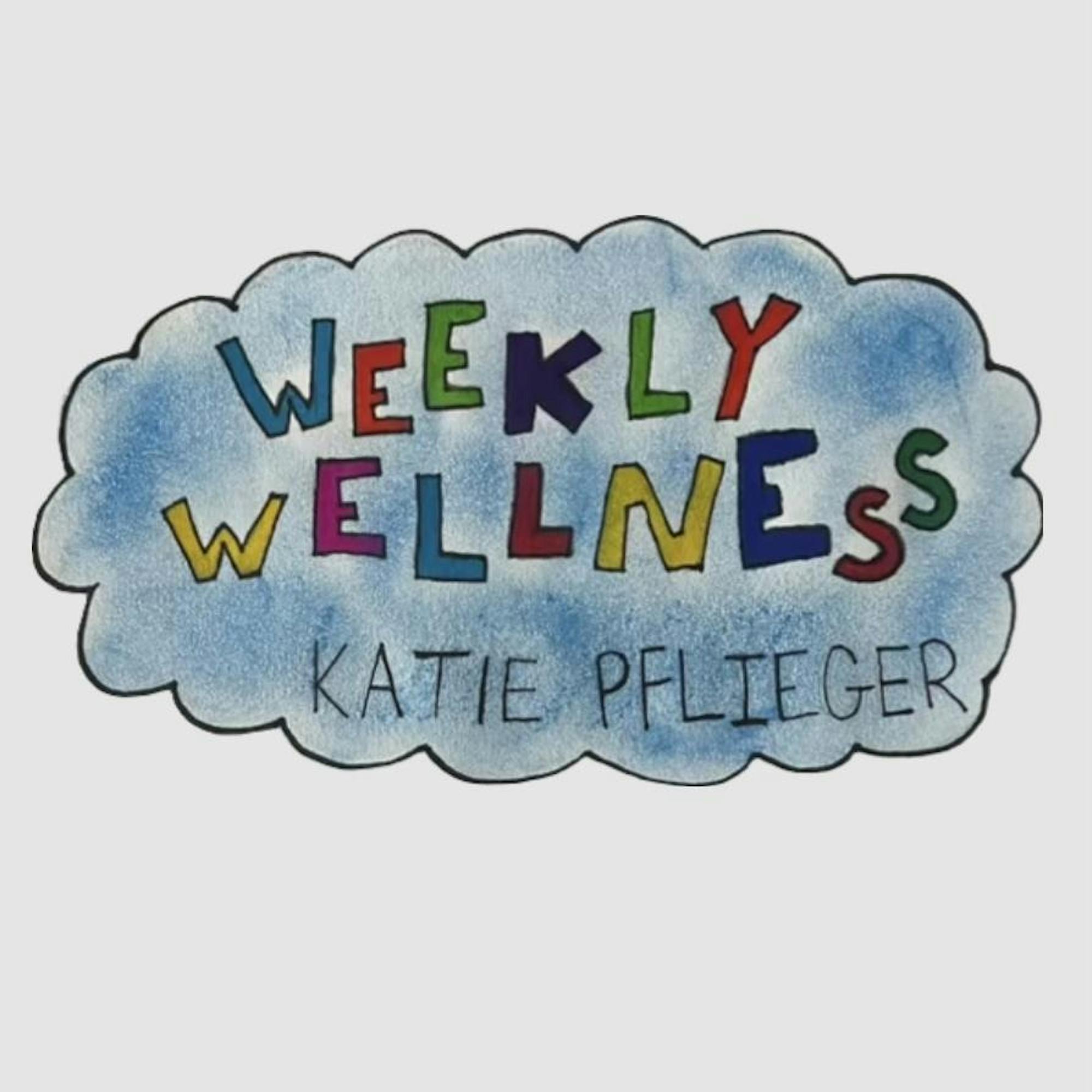In the wake of Marathon Monday, or what Boston students have coined “MarMon,” the commendable athletic ability of over 25,000 participants has led some to ask whether they should put themselves to the test. So here are some things to think about if you are considering taking up the challenge next year.
The Boston Marathon, established in 1897, has evolved into one of the most prestigious long-distance races globally, drawing elite athletes and amateur runners alike to its storied streets. From Heartbreak Hill to the triumphant finish on Boylston Street, participants endure a grueling 26.2-mile journey that tests mental capabilities and physical strength.
Besides the immense sense of accomplishment, marathon runners enjoy a host of other rewards from completing the race. Some benefits include improved cardiovascular health and a lower risk of bone decay and weakness, associated with diseases such as osteoporosis. Running long distances also improves one’s maximal oxygen consumption, or maximum aerobic capacity, and helps keep blood pressure and cholesterol at healthy levels.
That being said, lots of the benefits of long-distance running can be gained without the 26.2-mile race. And beyond the benefits of running a marathon, there are risks to consider.
Some notable risk factors include temporarily impaired immune system function, increased cortisol levels, shin splints, sprains, stress fractures, Achilles injuries and joint pain. Moreover, the intense physical and mental demands of marathon training can lead to burnout and fatigue, particularly for those who fail to prioritize rest and recovery. Putting one’s training above their mental health can lead to neglect in crucial areas of self-care, including sleep, nutrition and recovery.
To mitigate these risks, it’s crucial to stay hydrated while training, focus on nutrition, consume adequate carbohydrates for fuel and have proper running shoes for long-distance treks.
Despite the challenges, the Boston Marathon’s allure persists, captivating runners with its rich history, challenging course and vibrant crowds. Whether starting the race at the scream tunnel near Wellesley College or enduring far enough to make it just a few miles from the finish line at mile 21 at Boston College, the feeling of crossing that finish line after a grueling 26.2-mile journey is unparalleled, and the enthusiastic atmosphere remains unmatched.






